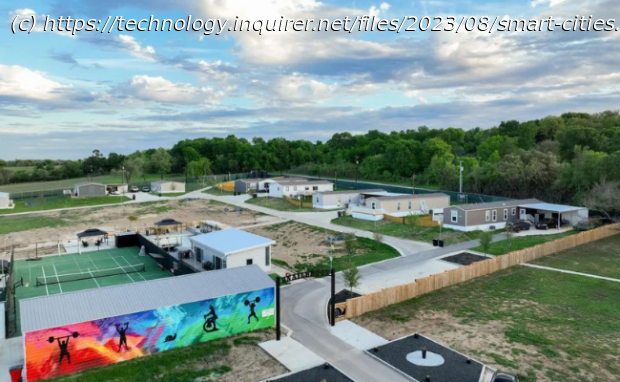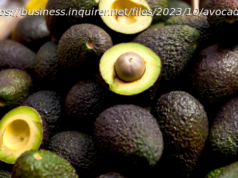Array
Japanese urban developer N-Ark will create Dogen City, a floating metropolis resistant to climate change. A ring surrounds this smart city, preventing tsunamis from devastating its structures. Moreover, it will harness the ocean to become a self-sufficient beacon of global healthcare.
We have integrated technologies so deeply into our lives that we have smart homes and devices. Inevitably, we would expand our innovations to transform our wider communities. Smart city projects like N-Ark’s could improve our quality of life and secure a brighter future for humanity.
This article will elaborate on Dogen City’s design and development. Later, I will discuss other smart city projects like Telosa and Elon Musk’s Snailbrook. Consequently, you’ll see how many experts have been trying to create futuristic communities.
The Dogen City website illustrates this urban development as a floating concrete jungle surrounded by a giant ring. Car news website Autoevolution says it is 4 km (2.5 miles) wide that will house 30,000 tourists and 10,000 residents.
Yet, it contains water, where its inner buildings float. The website describes the concept as a “smart healthcare city floating on the sea that integrates food environment, architecture, data, energy, and ocean resource with a focus on healthcare.” Also, it has three parts:
You may also like: Google is testing its medical AI chatbot
Dogen City will sustain itself using N-Ark’s first green project, Floating Farm.






